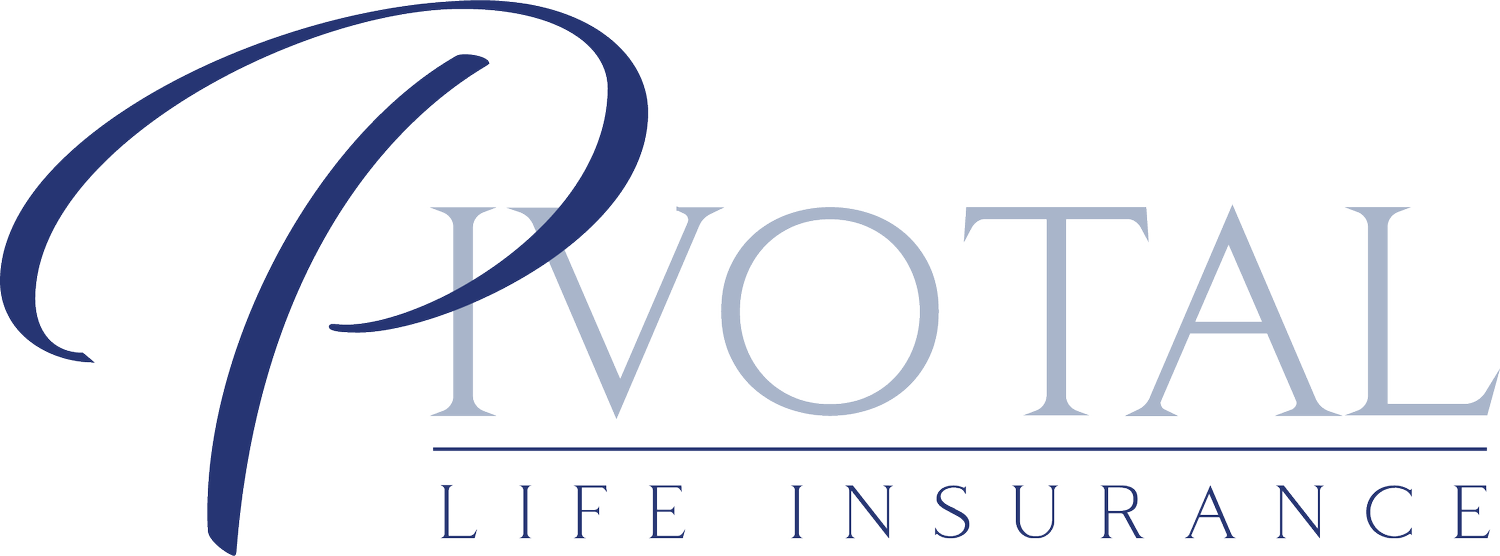
Types of Life Insurance
Choose the Life Insurance policy tailored to fit whichever phase of life you’re in.
Term Life Insurance
Term Life Insurance provides financial protection for a temporary period of time, or a "term". The premiums are paid for the entire term (up to 30 years) but are not always guaranteed. Initial premiums are usually much less than permanent insurance, Premiums may remain level for a specified period and may also increase each year, depending on the policy. Term Policies may or may not be renewable beyond the initial term, but if so, premiums increase drastically.
Term Life Policies do not accrue cash value, meaning there’s no asset tied to it if you live beyond the term. The premiums collected by the carrier are not returned when the policy expires. Despite the risk, Term Life Insurance offers a more favorable premium payment, ultimately determined by your current age and health. Term Life insurance is ideal for families in their primary earning years that need short or long term family protection from loss of household income.
Pros
High benefit amounts and lower premiums
Cons
Likelihood that your policy will expire before you pass
Whole Life Insurance
Ordinary or Traditional Whole Life Insurance provides coverage over the entire lifetime of the insured. These policies typically mature at age 100 or 121, while premium payments remain the same for the life of the policy and the death benefit or "face amount" is paid by the carrier as long as premiums are paid.
The premiums paid in are accumulated and create cash value, a resource that can be borrowed from the policy and can be paid out if the insured decides to surrender the policy prior to death.
Pros
Lasts your entire life & builds cash value, with set premiums that never change
Cons
Due to the guaranteed nature of Whole life, qualifying criteria is more stringent and premiums maybe higher, especially if purchased at a later age.
Universal Life Insurance
Universal life, also referred to as adjustable or variable life, are products that include investment features designed to increase the cash value portion of an ordinary life policy.
With these less traditional types of Life Insurance, there is variable term life insurance with an accumulation of cash value that accrues interest. As the cost of the insurance increases each year, the cash value accumulation is used to offset the cost. Properly funded, out-of-pocket premiums will remain level, while the policy’s values may offer some flexibility.
With Indexed Universal Life, the performance of the cash value is based on the economy and current interest rates. When rates are high, the funds grow more aggressively, while when rates are low, the fund may remain stagnant.
The cash value fund is used once cost of the insurance grows higher than the premium. If interest remains low, the insured will have to increase premiums accordingly or reduce the face amount of the policy. Once the cash value is depleted the policy is considered underfunded and requires higher premiums to maintain or it will expire.
Pros
More aggressive growth with high death benefit amounts with flexibility.
Cons
With a planned premium payment, cash value may diminish and coverage may not last your entire lifetime unless the face amount is reduced or the policy is properly funded with increased premium payments.
Final Expense Insurance
Final Expense, also known as Burial Insurance, is a type of Whole Life Insurance that is designed to offset the funeral expense and provide legacy gifts for your loved ones when you pass. The risk to the carrier is minimal because there is generally a maximum benefit between $35,000-$50,000.
Upon your passing, the carrier will quickly pay your beneficiary directly. The beneficiary can be anyone you choose and they will have the funds to pay your final expenses without the additional stress. Therefore, you can make your own arrangements with the funeral home you choose, in the state and location that you’ve selected.
Final Expense Insurance always:
Coverage for life & will never be canceled regardless of changes to your age or health.
Is provided without any medical exam for up to $35,000.
Offers premiums that will never increase.
Pros
Affordable premiums that never change for Whole life coverage. No medical exam required to qualify.
Cons
It’s more difficult to qualify as you age and your health digresses.
Not sure which type of insurance is for you?
We can help!









